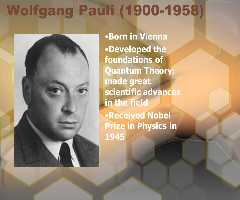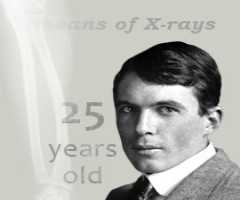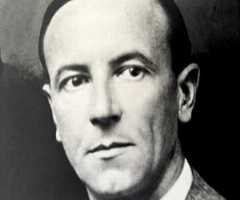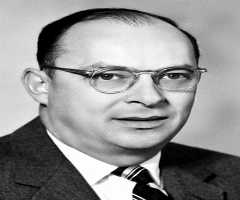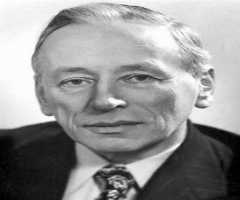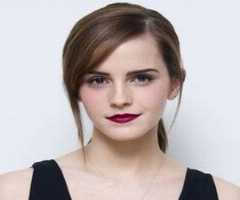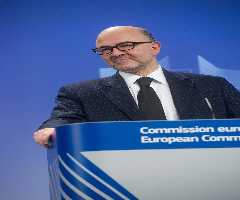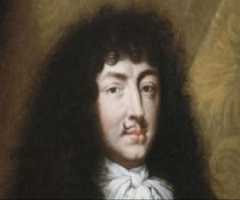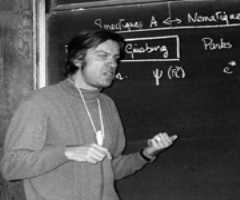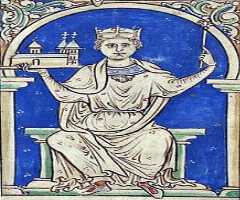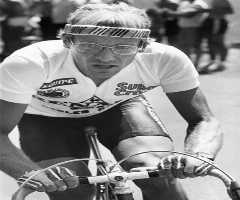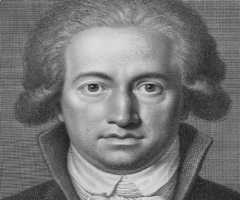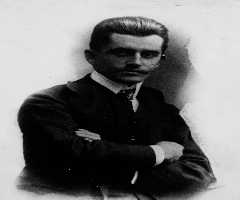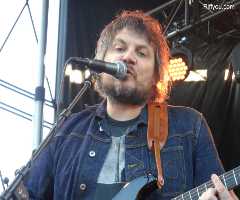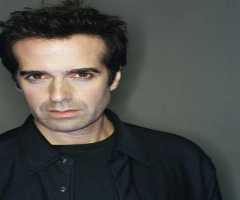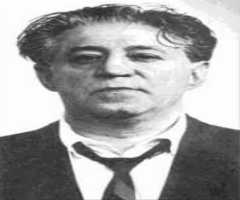Leon Foucault Biography, Life, Interesting Facts
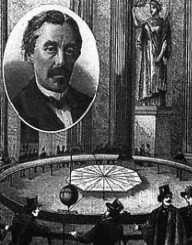
Birthday :
Died On :
Also Known For :
Birth Place :
Zodiac Sign :
Léon Foucault was a scientist and inventor of the nineteenth century. Though his life was not long, Léon Foucault made groundbreaking discoveries during his time.
Childhood And Early Life
Léon Foucault was born on September 18, 1819, in Paris, France. His father Jean Léon Fortuné Foucault was a publisher in Paris. Some of his publications included the history of France. Young Léon Foucault was ten when his father died.
Léon Foucault and his mother moved to Nantes because of money issues. Léon Foucault was often sick and fragile in his youth. While Léon Foucault was not a motivated student, he understood how to work with machines.
Education
Léon Foucault's attended Collège Stanislas but did not apply himself as much. Eventually, Léon Foucault completed most of his early education with a private tutor. Since Léon Foucault was good with machines and making small toys, his mother thought Léon Foucault was apt to become a surgeon.
Léon Foucault entered medical school in Paris in 1839. While Léon Foucault did well in the classroom, Léon Foucault did not do as well during the first hospital experience. Unfortunately, Léon Foucault fainted at the sight of blood. Instead, he chose to study physics.
Career
Léon Foucault's medical school professor, Alfred Donné, wanted to have Léon Foucaultcontinue his success in the field of medicine without the practical experience with patients. He hired Foucault as his medical assistant.
Donné was also a physicist and editor of the Journal des Débats scientific journal. One of their collaborations was in the ability to photograph objects under a microscope. When Donné retired from the editor position in 1845, he gave the job to Léon Foucault
Léon Foucault continued to work on experiments for the Academy of Sciences. Using the instruments of other scientists and inventors, he was able to prove in 1850 that light traveled slower in water than in air. Another invention came in 1851 when he invented a pendulum that showed that the Earth rotated around the sun. The Léon Foucault's Pendulum” is one of the most celebrated inventions and experiments today. The gyroscope was also one of his inventions that are used in air and space travel as well as telescopes.
When Louis-Napoléon Bonaparte became Emperor of France, he gave the support to amateur scientists such as Foucault. Léon Foucault was assigned the role of Physicist Attached to the Imperial Observatory. It was later renamed the Paris Observatory.
In this position, Léon Foucault created powerful telescopes and determined the speed of light. His accuracy was correct to one half of a percent.
Personal Life And Legacy
Léon Foucault died on February 11, 1868, at the age of 48.
Of Foucault's great discoveries, his demonstration of the Earth's rotation and measurement of the speed of light were groundbreaking. His invention of the gyroscope was not as important at the time, but it has been important when it comes to the air travel and space exploration.
Léon Foucault will always be noted as one of the great Frenchmen. This is proven as his name is one of 72 to be inscribed on the sides of the Eiffel Tower in Paris. The asteroid 5668 Léon Foucault was named after him in 1984.
Diseases/Disabilities
In 1868, Léon Foucault fell ill. Some have considered that genetics may have played a role in his early death because his father died young as well.
Some believed he suffered from multiple sclerosis. Another theory is that he was sickened from the use of many chemicals, including mercury.
Awards And Achievements
• Member of the Bureau des Longitudes, 1862
• Officer, Legion of Honor, 1862
• Elected as a member of the Royal Society of London though he was born in France, 1864
• Member of the German Academy of Scientists Leopoldina
• Member of the French Academy of Sciences, 1865
Controversies
Léon Foucault was not a proper scientist using schooling. For some academics, that did not give him strong credibility. However, Foucault demonstrated good judgment and clear language when explaining scientific discoveries and experiments.
Summary Of Major Works
• Disproved Isaac Newton's theory of light
• Demonstrated how the Earth rotated around the sun with the use of the Foucault's Pendulum
• Measured the speed of light
• Invented the gyroscope
• Developed the “knife edge test” to show defects in telescope mirrors
• Discovered the Eddy currents, often called Foucault's Currents
More Physicists
More People From France
-
![Emma Watson]()
Emma Watson
-
![Raymond Octave Joseph Barre]()
Raymond Octave Joseph Barre
-
![Louis XIV]()
Louis XIV
-
![Pierre Gilles de Gennes]()
Pierre Gilles de Gennes
-
![Stephen of Blois]()
Stephen of Blois
-
![Laurent Fignon]()
Laurent Fignon
